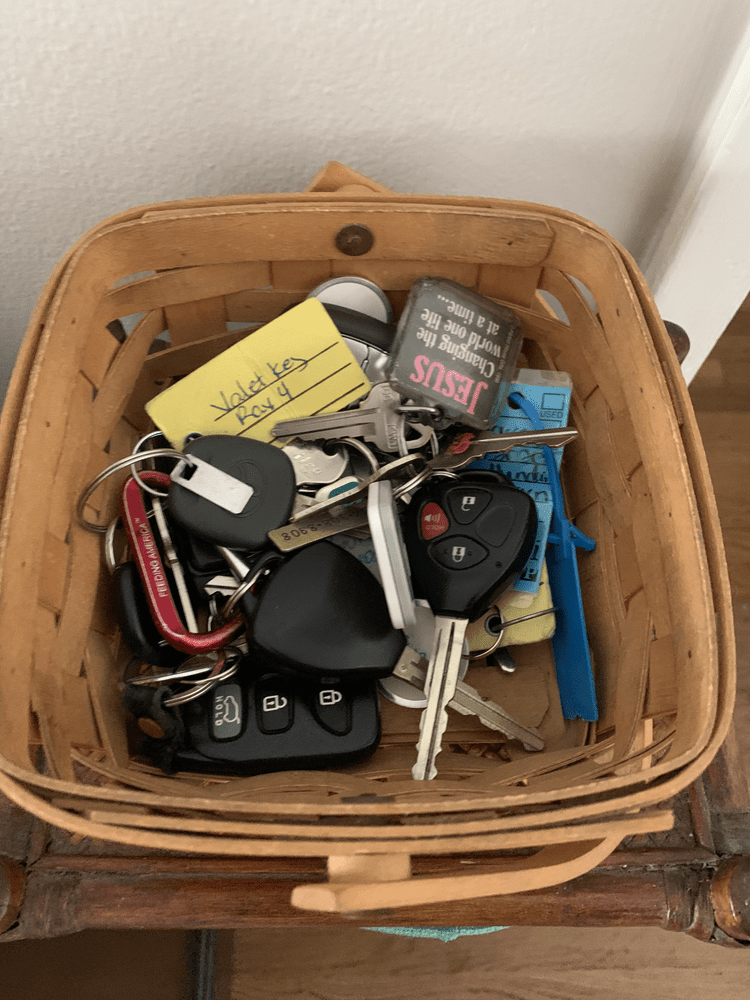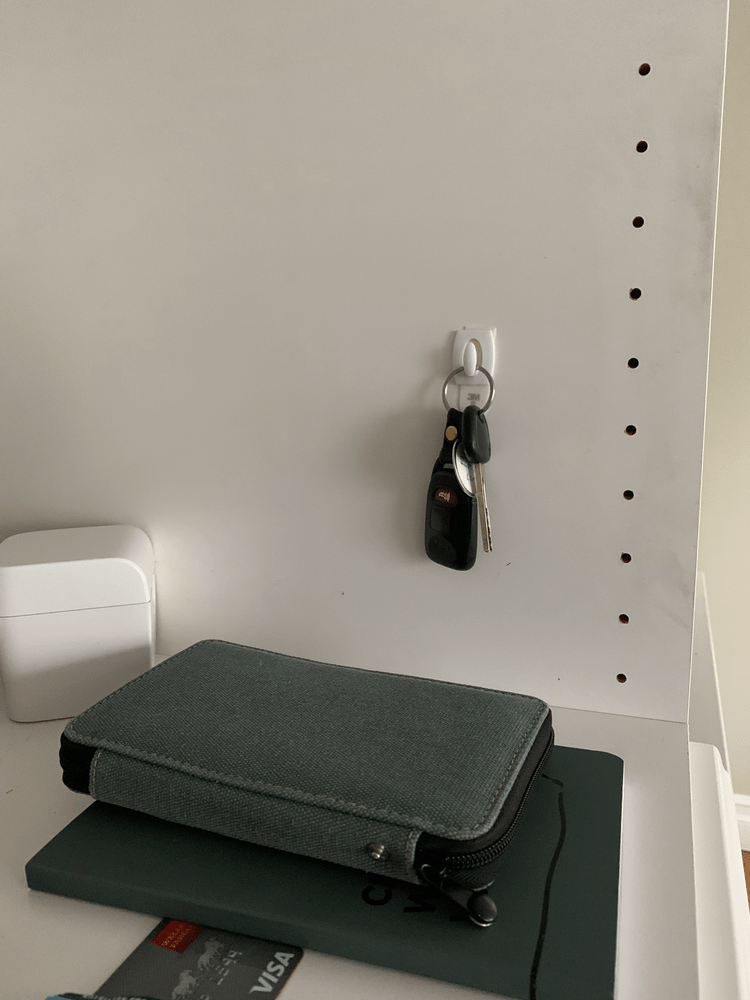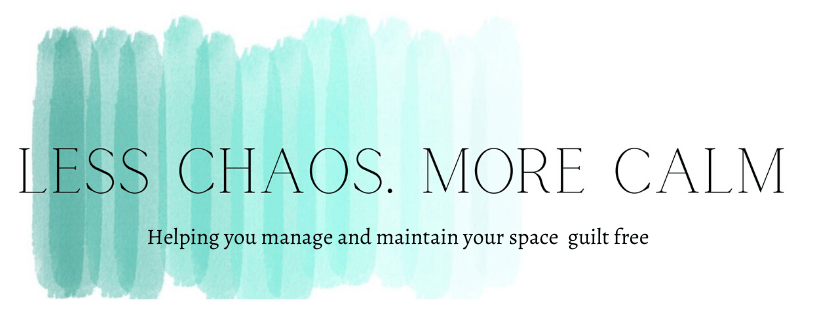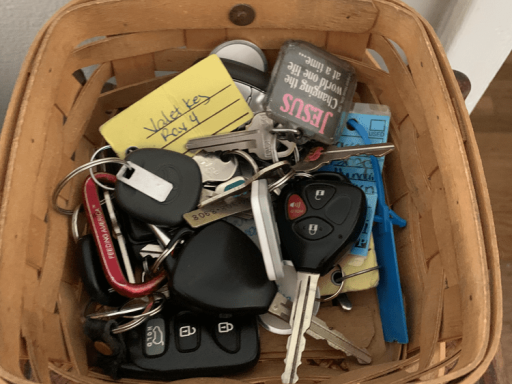My clients love it when we come in and declutter, using the system of SORT-PURGE-OFFLOAD-ORGANIZE with the Lean 6 Sigma system. Sustaining it? Keeping it organized, that can be another challenge entirely. Getting to the ROOT CAUSE of how it got there….well that can be a life changer.
While having a system for banishing the clutter in your life works great, the challenge of keeping it that way my clients find that sometimes involves a little self-examination and honesty with themselves. If they just repeat the processes that got them there in the first place, it can be a circular issue. How’s that saying go…”If you always do what you’ve always done, you always get what you always got?”..yeah, there’s that…The true answer is to commit to a system that allows you to get back to organized quickly.
To truly stay organized it helps to take a step back and look at the area(s) that were frustrating them the most. A way to do this and get a clear picture sometimes works with a system called DMAIC—say it “duh-may-ik”. Duh-WHO?
Here’s how to think about it: I’m going to use a simple example we recently had in our family, helping my husband find his keys in the morning.
D Define the Problem: What’s Not working here? It might be a small thing like relocating something to a more convenient spot rather than putting it on the closest flat surface. Example: My husband was having trouble locating his keys every morning. The rest of us keep our keys in a basket in the living room, he didn’t want to do that because he felt that he wasted time hunting through a basket of keys. We DEFINED the problem: it wasn’t convenient for him to search through the basket each morning for his keys.

M Measure: Collect the information on how the current process works or doesn’t work. Example above: the basket of keys didn’t work for him, he felt like it was a waste of time to hunt through the basket for his keys. No judgement here, just Measure why the current system didn’t work.
A Analyze: Determine the root cause of the defect. To the rest of the family, he was just being annoying because he didn’t want to put his keys in the basket because he didn’t want to hunt for them. We even kind of made fun of him. On further ANALYSIS we realized that 1) his eyesight wasn’t what it used to be so picking out his keys in a jumble of other keys was frustrating for him and 2) Most of the time when he was heading out the door his hands were full of work stuff (briefcase, water bottle, lunch, etc) and it was a hassle to put it all down to search for his keys.
I Improve: This step was easy. What could we do to IMPROVE the process and fix the defects? This step has to be specific to the problem. Well, we needed to have a set place where he could put his keys, where HIS keys always landed and he knew he could always lay his hands on them (if you know my husband he is extremely key-insecure, LOL). Easier said than done because it had to be a workable system that worked each and every time: just telling them to keep them on his side of the dresser wasn’t good enough. It had to be specific. So what did we do?
C Control: this is the last step of the process: What can we do to make sure the system works and the outcome is consistent? Is it workable? Does it make sense? Is it DO-ABLE?
We hung a command hook on the side of dresser where he keeps his other things. The Keys live there when they are not in his pocket. He knows where they are, he knows where they land when he is not working them, everyone else in the family knows where they are in case we need to move his car….an inexpensive, workable solution.

Approaching the organizing process with this system: DMAIC (duh-May-Ik) at the start makes a lot of sense, and makes any process easy to start and maintain.
DMAIC: A systematic approach to each organizing situation.

It's Not About the Stuff.....



